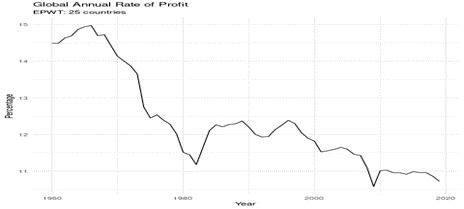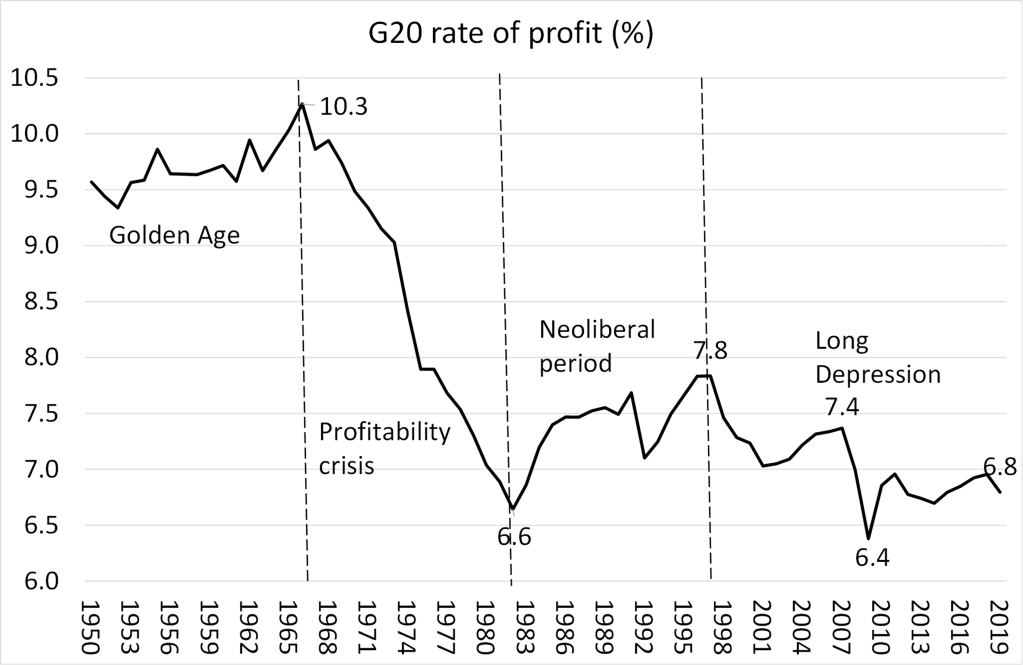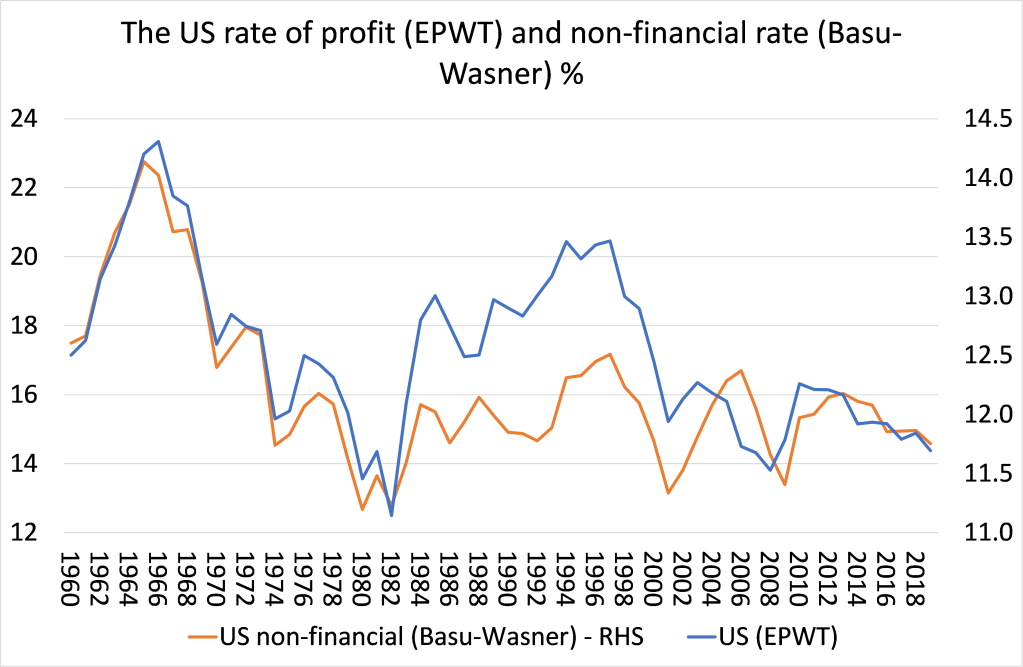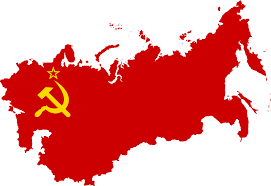Marx was probably the most important intellectual of the 19th century, based on impact, but it’s generally believed he was wrong about his major predictions, and thus his theories are largely garbage. I have some sympathy for this view, but let’s look at the counter-argument.
Marx said that Communism would develop from industrial nations, with the proletariat, finally realizing they were producing all the value, taking control. What happened instead is that the two major “communist” revolutions happened in agrarian societies: Russia and China, and while China’s hard communist period (pre-Deng) advanced China significantly, they didn’t become a massive surplus society until market reform took place.
If you call a dog a duck, it’s still a dog.
The correct response is simply that they weren’t Communist nations: they called themselves that, and China still does, but that’s ridiculous. They couldn’t be, because the proletariat wasn’t in charge. (One might make an argument that it was, briefly, in Russia, but if so it didn’t last.) The proletariat couldn’t be in charge, in agrarian societies they hardly exist.
Central to Marx’s argument is that over time the global rate of profit under capitalism will fall. That argument has been dismissed, but there’s a good case that it is, it’s just taking quite a while. Michael Roberts makes the case, and I’ve included some of the key graphs below.
Global Rate of Profit:

x

US profit rate.

Now it’s fair to say that technical arguments can be made against these charts, but they support the general idea of lower profit over time. The crisis of capitalism is expected to occur when surplus produced by the system falls to catastrophic levels.
Again, I could argue against this, but the simplest argument is that Marx didn’t foresee climate change and ecological collapse and they’re going to hit first.
Arguing that communism hasn’t failed because those who claimed to be communist does smack a little of neoliberals and other ideologues screaming that their system has never really been implemented, so their ideas are still fine, but Marx was clear about the process of how Communism would occur and it didn’t include revolutions in agricultural states. By Marx’s dialectic, that wasn’t possible: you have to go through capitalism first.
I don’t, personally, expect real communism to happen any time soon. Even if Marx was right, the timer is running out. Perhaps in collapse, workers will, indeed, unite and take over. The problem is primarily what Marxists call “class consciousness”: the realization of shared interests and that the people running the system are both evil and stupid—they produce terrible results, over and over again. They are sociopath & psychopaths or people who might as well be, because the decisions they make are psychopathic.
They aren’t needed. Oh, the scientists and engineers are, certainly, but the capitalists? No. We just need another system of allocating capital which doesn’t make it accumulate in the hands of the worst people.
If that happens, we’ll have something better, whether or not it’s communism.

 There’s a lot of nonsense around this question. I’ve written about
There’s a lot of nonsense around this question. I’ve written about